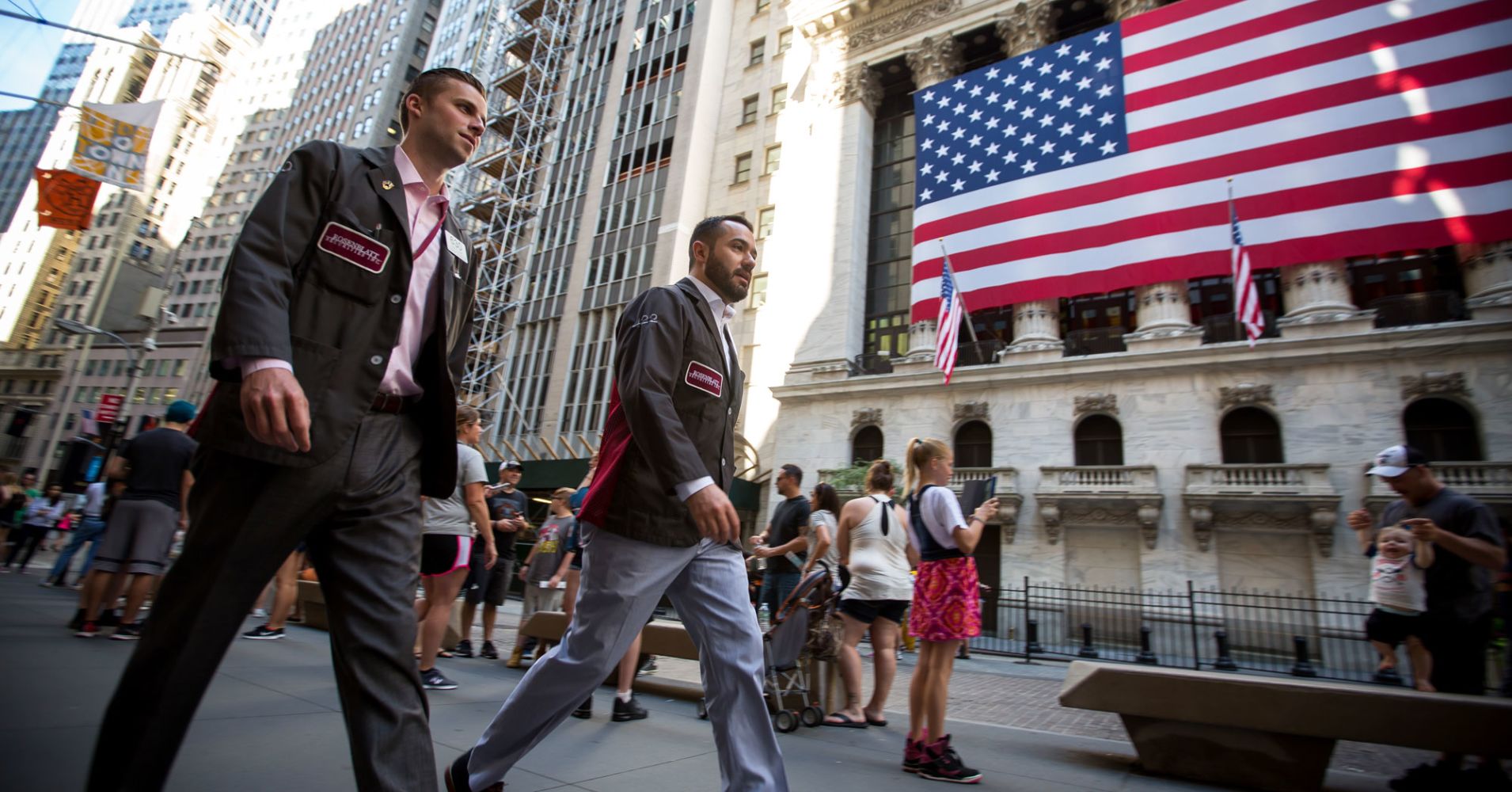
As employment ticks up and people find more money in their pockets, U.S. investors are becoming more frugal and choosing risk-averse index funds over individual stock-picking, CNBC’s Jim Cramer said Tuesday.
“The game has changed since I first started picking stocks almost 40 years ago,” the “Mad Money” host said as stocks rose, bringing the S&P 500 within 1 percent of a record high.
“We didn’t even have index funds back then,” he said. “Now they’re the preferred way to invest for the majority of people who want to own stocks.”
The flight to index funds stems from more savings-conscious consumers who, even though they are likelier to find jobs and make more money, are now focusing on keeping their earnings close rather than spending freely, Cramer said.
“On average, … people are saving a larger percentage of their paychecks. So where do they put their money? A lot of it goes into index funds,” he explained, adding that companies introducing no-fee index fund investing is “a catalyst for even more money coming into the indices.”
At the same time, corporate share buybacks are quickly becoming another source of fuel for stocks, the “Mad Money” host said.
He pointed to a Goldman Sachs analysis in which researchers said U.S. companies could buy back over $1 trillion worth of their shares in 2018. As a result, stocks would likely hold steady despite individual investors’ concerns about various economic pressures including global trade tensions.
Noting that corporate buyback announcements are up 46 percent versus last year, Goldman said that August is historically the most popular month for share repurchases, Cramer recounted.
And even though companies are not technically allowed to push their stocks higher via buybacks, Cramer said that “as someone who’s personally authorized and executed buybacks myself, I can tell you that they have the potential to give stocks a serious boost.”
So, with frugal investors buying up index funds, thus sending stocks higher, and companies gearing up for more stock buybacks, the effect on the market is tangible, the “Mad Money” host said.
“The impact of these two trends? Simple: they’ve created a stock shortage … of epic proportions,” he said. “There just aren’t enough shares of big-cap companies to go around until sellers materialize.”
To make matters worse for the bears, the bank stocks, a key market leadership group in Cramer’s eyes, are heading higher thanks to rising interest rates. And the price of oil — a flawed, but popular barometer for economic strength — is on the rise, signaling to money managers that there are “clear economic skies ahead,” Cramer said.
“If you only take one thing away from this segment, maybe for the whole night, understand that we’ve got a serious stock shortage on our hands at these levels,” the “Mad Money” host concluded.
“There just aren’t enough shares to go around, at least at the prices that we are trading at now, and it’s making even bearish money managers afraid to sell,” he continued. “At the end of the day, the stock market is a market like any other, which means it’s controlled by supply and demand. When there’s not enough supply, prices go higher. End of story.”
Disclosure: Cramer’s charitable trust owns shares of Goldman Sachs.
Questions for Cramer?
Call Cramer: 1-800-743-CNBCWant to take a deep dive into Cramer’s world? Hit him up!
Mad Money Twitter – Jim Cramer Twitter – Facebook – Instagram – VineQuestions, comments, suggestions for the “Mad Money” website? madcap@cnbc.com

